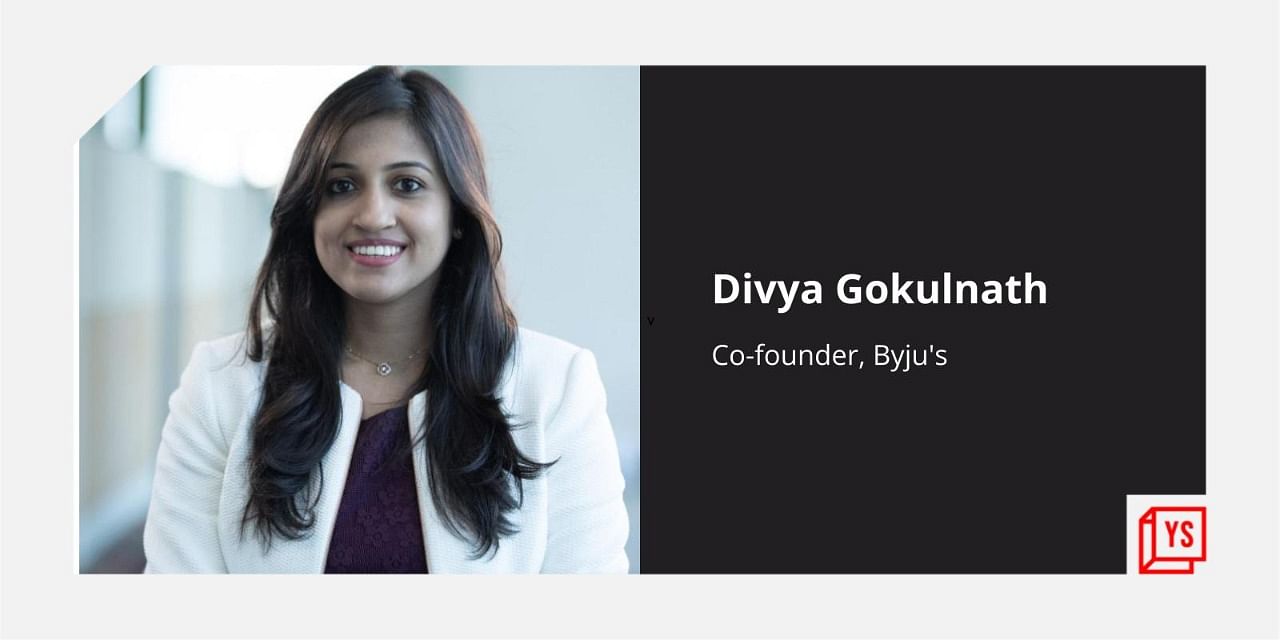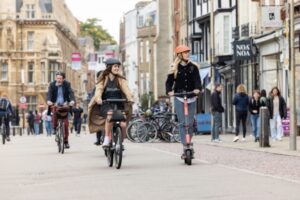Bolstered by the initial traction for its Education for All (EFA) programme, a social initiative to provide free education courses to students belonging to disadvantaged sections of the society, aims to educate over 10 million children by 2025.
Edtech decacorn Byju’s started EFA a little more than a year ago and had a target of reaching five million students by 2025 but given that 3.4 million children are already part of this programme, it has now revised the target upwards.
“We have reached out to far more students than we expected and Byju’s very bullish about this initiative,” Divya Gokulnath, co-founder, Byju’s says in an interaction with Yourstory.
Under the EFA initiative, Byju’s partners with various organisations, primarily with the NGOs, whereby its educational content is loaded onto the devices with free access for the students and the teachers.
This initiative emerged in the backdrop of the ongoing COVID-19 pandemic which had a major disruption on the education sector as schools were closed for a considerable period of time and students studying through the online mode. However, this also widened the gap between those who have access to services and those who did not.
Citing various studies, Divya says, “The pandemic has wiped out the 20-year gains made in the education sector and has only widened the learning gap.”
Divya believes providing quality education at scale will involve considerable costs and the only way to overcome this challenge is through technology. “EFA addresses the inequities of digital divide, internet access and quality content,” she says.
Byju’s EFA has partnered with 128 NGOs cutting across 26 states with a presence in over 340 districts. The learning content from the edtech is also being made available in 11 languages for students in the classes from fourth standard to 12th.
The core target segment under EFA has been children who come under the annual income group of below Rs 5 lakh. In many cases, Byju’s has been able to reach out to those children who never had access to any kind of educational content or school.
Through the EFA, NGO partners and on-ground facilitators, students are now using the BYJU’S App as a primary mode of learning, the edtech startup said in a statement.
According to Divya, there are a couple of advantages through the EFA initiative like access to learning, wider reach and a customised learning programme.
“Our app can personalise based on the student’s speed and style of studying,” she says.
On the impact it has had on these students, Byju’s says according to an initial study done by KPMG, around 75 per cent of them continue using the app for an average of one hour per day.
On the kind of changes EFA bought in for the teaching community, Mansi Kasliwal, VP – Social initiatives, Byju’s, says, “We are not substituting the teachers but empowering them through technology.”
She says the feedback they have received is that the time and effort taken by the teachers has halved and productivity has increased.
Now Byju’s is also looking at taking this EFA model global to other geographies where similar challenges remain in the education sector.
“Our aspiration is that for every paid student on our platform we should educate one new child through EFA,” says Divya.








![Read more about the article [Tech50] How fintech startup Multipl is making saving money smarter](https://blog.digitalsevaa.com/wp-content/uploads/2021/12/Featureimages-newdeck8-1640180824062-300x150.png)
